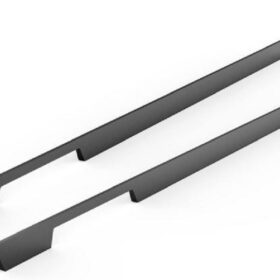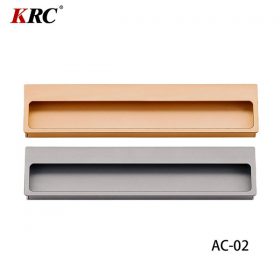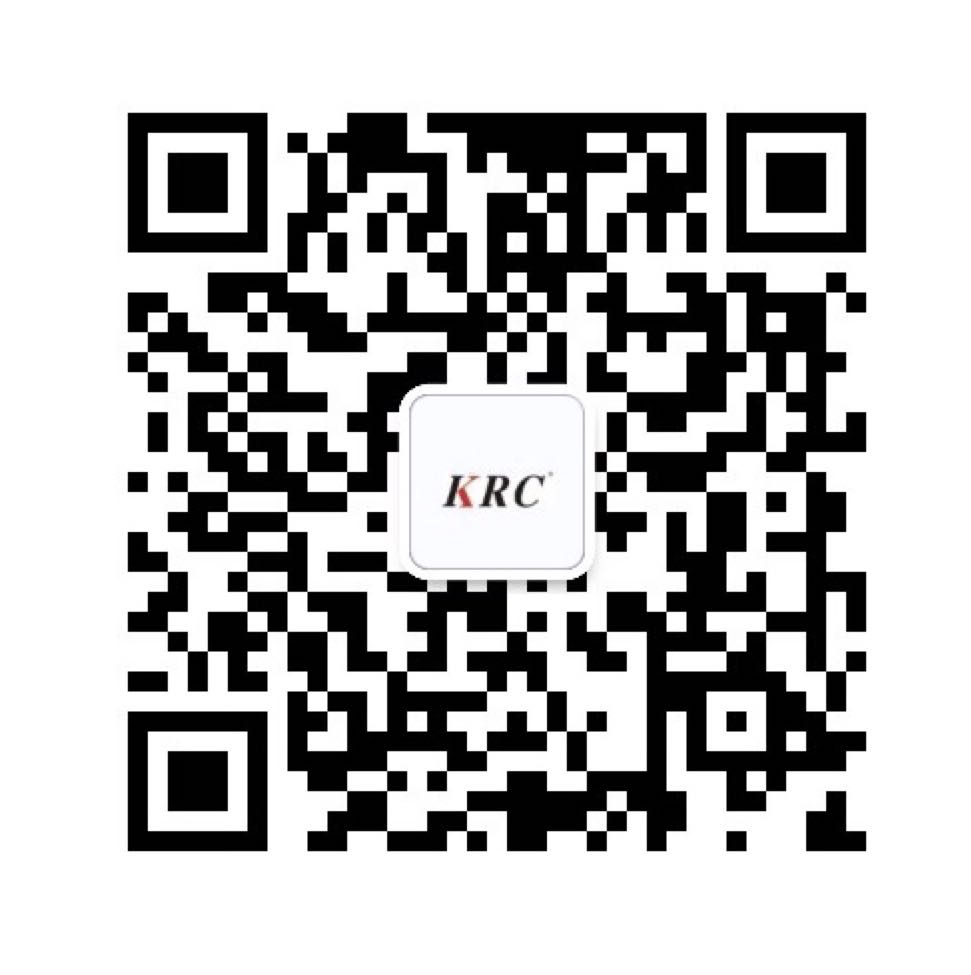Training Programs for Working with Circular Aluminum Profiles
Circular aluminum profiles are widely used in various industries, such as construction, automotive, and manufacturing. To ensure safe and efficient handling of these profiles, specialized training programs have been developed. This article explores the comprehensive training programs available for working with circular aluminum profiles.
Training programs provide detailed guidelines for handling circular aluminum profiles to minimize risks. Proper lifting techniques and equipment selection are emphasized to prevent injuries. Trainees learn about the specific characteristics of circular profiles, including their strength and bending properties. They are also instructed on how to identify and avoid potential hazards during handling and transportation.
Precision cutting and joining are essential for working with circular aluminum profiles. Training programs cover various cutting methods, including sawing, milling, and laser cutting. Trainees gain hands-on experience in using specialized tools and equipment to ensure accurate cuts and clean edges. They also learn about different joining techniques, such as welding, riveting, and adhesive bonding, to achieve strong and durable joints.
Maintaining high-quality standards is crucial in the fabrication of circular aluminum profiles. Training programs teach trainees how to inspect profiles for defects, such as surface scratches, dimensional deviations, and structural imperfections. They also provide guidance on proper storage and handling techniques to minimize damage during fabrication and transportation.
For complex applications, circular aluminum profiles may require machining or forming. Training programs cover the use of CNC machines, bending equipment, and other specialized tools for shaping profiles to specific dimensions and shapes. Trainees develop the skills to create intricate profiles with high precision and accuracy.
In addition to fundamental training, some programs delve into advanced applications and troubleshooting techniques. Trainees learn about innovative technologies for designing and fabricating complex circular aluminum profiles. They also gain knowledge in identifying and resolving common issues that may arise during handling, cutting, joining, and machining processes.
Training programs often include practical exercises and hands-on training to reinforce theoretical knowledge. Trainees get to work with real-world applications and receive personalized guidance from experienced instructors. This practical component provides trainees with the confidence and skills necessary to apply their knowledge in real-life situations.
Specialized training programs for working with circular aluminum profiles are essential for ensuring safety, efficiency, and quality in the fabrication and handling of these materials. By providing comprehensive guidelines, hands-on training, and advanced applications, these programs empower professionals with the knowledge and skills to effectively navigate the complexities of working with circular aluminum profiles across a wide range of industries.
Training programs provide detailed guidelines for handling circular aluminum profiles to minimize risks. Proper lifting techniques and equipment selection are emphasized to prevent injuries. Trainees learn about the specific characteristics of circular profiles, including their strength and bending properties. They are also instructed on how to identify and avoid potential hazards during handling and transportation.
Precision cutting and joining are essential for working with circular aluminum profiles. Training programs cover various cutting methods, including sawing, milling, and laser cutting. Trainees gain hands-on experience in using specialized tools and equipment to ensure accurate cuts and clean edges. They also learn about different joining techniques, such as welding, riveting, and adhesive bonding, to achieve strong and durable joints.
Maintaining high-quality standards is crucial in the fabrication of circular aluminum profiles. Training programs teach trainees how to inspect profiles for defects, such as surface scratches, dimensional deviations, and structural imperfections. They also provide guidance on proper storage and handling techniques to minimize damage during fabrication and transportation.
For complex applications, circular aluminum profiles may require machining or forming. Training programs cover the use of CNC machines, bending equipment, and other specialized tools for shaping profiles to specific dimensions and shapes. Trainees develop the skills to create intricate profiles with high precision and accuracy.
In addition to fundamental training, some programs delve into advanced applications and troubleshooting techniques. Trainees learn about innovative technologies for designing and fabricating complex circular aluminum profiles. They also gain knowledge in identifying and resolving common issues that may arise during handling, cutting, joining, and machining processes.
Training programs often include practical exercises and hands-on training to reinforce theoretical knowledge. Trainees get to work with real-world applications and receive personalized guidance from experienced instructors. This practical component provides trainees with the confidence and skills necessary to apply their knowledge in real-life situations.
Specialized training programs for working with circular aluminum profiles are essential for ensuring safety, efficiency, and quality in the fabrication and handling of these materials. By providing comprehensive guidelines, hands-on training, and advanced applications, these programs empower professionals with the knowledge and skills to effectively navigate the complexities of working with circular aluminum profiles across a wide range of industries.
Precision cutting and joining are essential for working with circular aluminum profiles. Training programs cover various cutting methods, including sawing, milling, and laser cutting. Trainees gain hands-on experience in using specialized tools and equipment to ensure accurate cuts and clean edges. They also learn about different joining techniques, such as welding, riveting, and adhesive bonding, to achieve strong and durable joints.
Maintaining high-quality standards is crucial in the fabrication of circular aluminum profiles. Training programs teach trainees how to inspect profiles for defects, such as surface scratches, dimensional deviations, and structural imperfections. They also provide guidance on proper storage and handling techniques to minimize damage during fabrication and transportation.
For complex applications, circular aluminum profiles may require machining or forming. Training programs cover the use of CNC machines, bending equipment, and other specialized tools for shaping profiles to specific dimensions and shapes. Trainees develop the skills to create intricate profiles with high precision and accuracy.
In addition to fundamental training, some programs delve into advanced applications and troubleshooting techniques. Trainees learn about innovative technologies for designing and fabricating complex circular aluminum profiles. They also gain knowledge in identifying and resolving common issues that may arise during handling, cutting, joining, and machining processes.
Training programs often include practical exercises and hands-on training to reinforce theoretical knowledge. Trainees get to work with real-world applications and receive personalized guidance from experienced instructors. This practical component provides trainees with the confidence and skills necessary to apply their knowledge in real-life situations.
Specialized training programs for working with circular aluminum profiles are essential for ensuring safety, efficiency, and quality in the fabrication and handling of these materials. By providing comprehensive guidelines, hands-on training, and advanced applications, these programs empower professionals with the knowledge and skills to effectively navigate the complexities of working with circular aluminum profiles across a wide range of industries.
Maintaining high-quality standards is crucial in the fabrication of circular aluminum profiles. Training programs teach trainees how to inspect profiles for defects, such as surface scratches, dimensional deviations, and structural imperfections. They also provide guidance on proper storage and handling techniques to minimize damage during fabrication and transportation.
For complex applications, circular aluminum profiles may require machining or forming. Training programs cover the use of CNC machines, bending equipment, and other specialized tools for shaping profiles to specific dimensions and shapes. Trainees develop the skills to create intricate profiles with high precision and accuracy.
In addition to fundamental training, some programs delve into advanced applications and troubleshooting techniques. Trainees learn about innovative technologies for designing and fabricating complex circular aluminum profiles. They also gain knowledge in identifying and resolving common issues that may arise during handling, cutting, joining, and machining processes.
Training programs often include practical exercises and hands-on training to reinforce theoretical knowledge. Trainees get to work with real-world applications and receive personalized guidance from experienced instructors. This practical component provides trainees with the confidence and skills necessary to apply their knowledge in real-life situations.
Specialized training programs for working with circular aluminum profiles are essential for ensuring safety, efficiency, and quality in the fabrication and handling of these materials. By providing comprehensive guidelines, hands-on training, and advanced applications, these programs empower professionals with the knowledge and skills to effectively navigate the complexities of working with circular aluminum profiles across a wide range of industries.
For complex applications, circular aluminum profiles may require machining or forming. Training programs cover the use of CNC machines, bending equipment, and other specialized tools for shaping profiles to specific dimensions and shapes. Trainees develop the skills to create intricate profiles with high precision and accuracy.
In addition to fundamental training, some programs delve into advanced applications and troubleshooting techniques. Trainees learn about innovative technologies for designing and fabricating complex circular aluminum profiles. They also gain knowledge in identifying and resolving common issues that may arise during handling, cutting, joining, and machining processes.
Training programs often include practical exercises and hands-on training to reinforce theoretical knowledge. Trainees get to work with real-world applications and receive personalized guidance from experienced instructors. This practical component provides trainees with the confidence and skills necessary to apply their knowledge in real-life situations.
Specialized training programs for working with circular aluminum profiles are essential for ensuring safety, efficiency, and quality in the fabrication and handling of these materials. By providing comprehensive guidelines, hands-on training, and advanced applications, these programs empower professionals with the knowledge and skills to effectively navigate the complexities of working with circular aluminum profiles across a wide range of industries.
In addition to fundamental training, some programs delve into advanced applications and troubleshooting techniques. Trainees learn about innovative technologies for designing and fabricating complex circular aluminum profiles. They also gain knowledge in identifying and resolving common issues that may arise during handling, cutting, joining, and machining processes.
Training programs often include practical exercises and hands-on training to reinforce theoretical knowledge. Trainees get to work with real-world applications and receive personalized guidance from experienced instructors. This practical component provides trainees with the confidence and skills necessary to apply their knowledge in real-life situations.
Specialized training programs for working with circular aluminum profiles are essential for ensuring safety, efficiency, and quality in the fabrication and handling of these materials. By providing comprehensive guidelines, hands-on training, and advanced applications, these programs empower professionals with the knowledge and skills to effectively navigate the complexities of working with circular aluminum profiles across a wide range of industries.
Training programs often include practical exercises and hands-on training to reinforce theoretical knowledge. Trainees get to work with real-world applications and receive personalized guidance from experienced instructors. This practical component provides trainees with the confidence and skills necessary to apply their knowledge in real-life situations.
Specialized training programs for working with circular aluminum profiles are essential for ensuring safety, efficiency, and quality in the fabrication and handling of these materials. By providing comprehensive guidelines, hands-on training, and advanced applications, these programs empower professionals with the knowledge and skills to effectively navigate the complexities of working with circular aluminum profiles across a wide range of industries.
Specialized training programs for working with circular aluminum profiles are essential for ensuring safety, efficiency, and quality in the fabrication and handling of these materials. By providing comprehensive guidelines, hands-on training, and advanced applications, these programs empower professionals with the knowledge and skills to effectively navigate the complexities of working with circular aluminum profiles across a wide range of industries.
-
2024-11-29Top Trends in Modern Kitchen Cabinet Pulls for 2024
-
2024-11-28The Ultimate Guide to Modern Kitchen Cabinet Pulls- Materials, Styles, and Tips
-
2024-11-27Elevate Your Kitchen Design with These Must-Have Modern Cabinet Pulls
-
2024-11-26Sleek and Stylish- The Best Modern Kitchen Cabinet Pulls for a Contemporary Look
-
2024-09-14Exploring the Different Types of Modern Closet Door Pulls and Their Applications
-
2024-09-14How Cabinet Door Pull Handles Support High-Traffic Areas
-
2024-09-06Cost-Benefit Analysis of Investing in High-Quality Long Wardrobe Door Handles
-
2024-09-04How Flat Cabinet Handles Enhance Modern Interior Design






